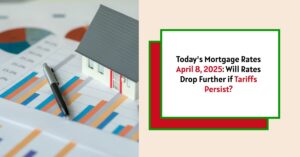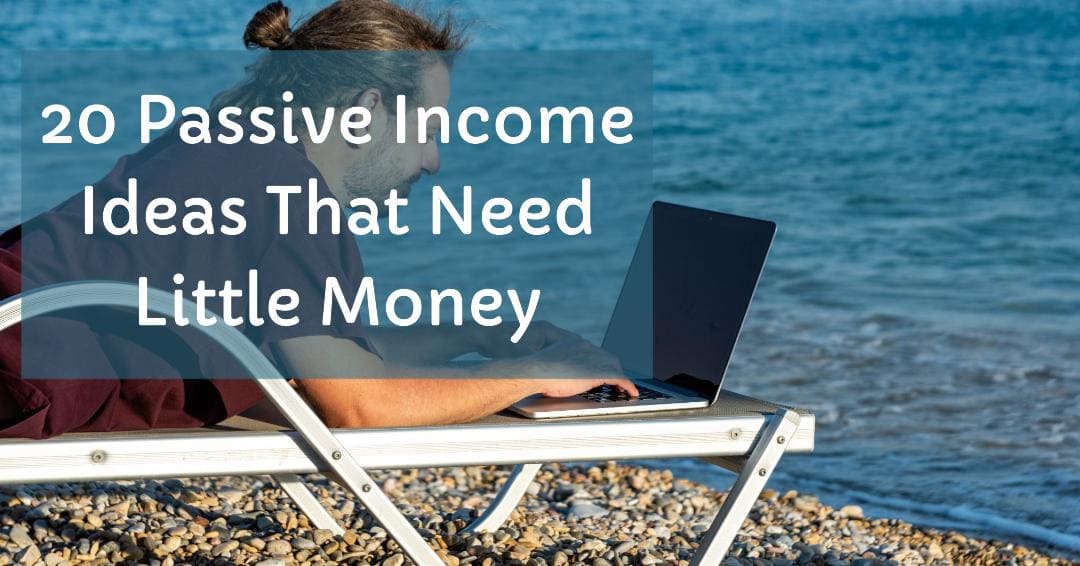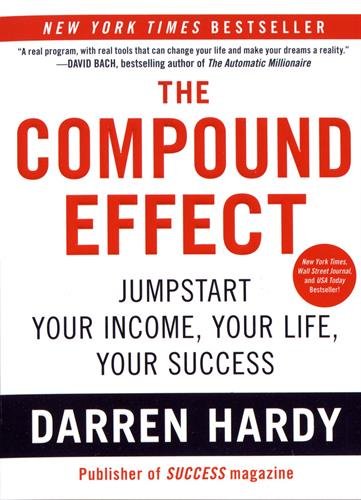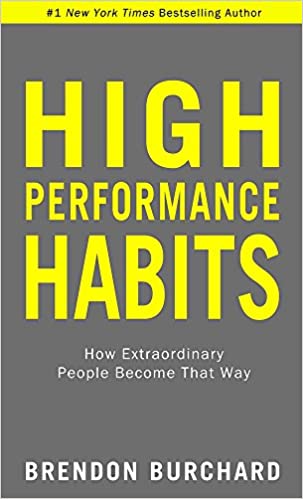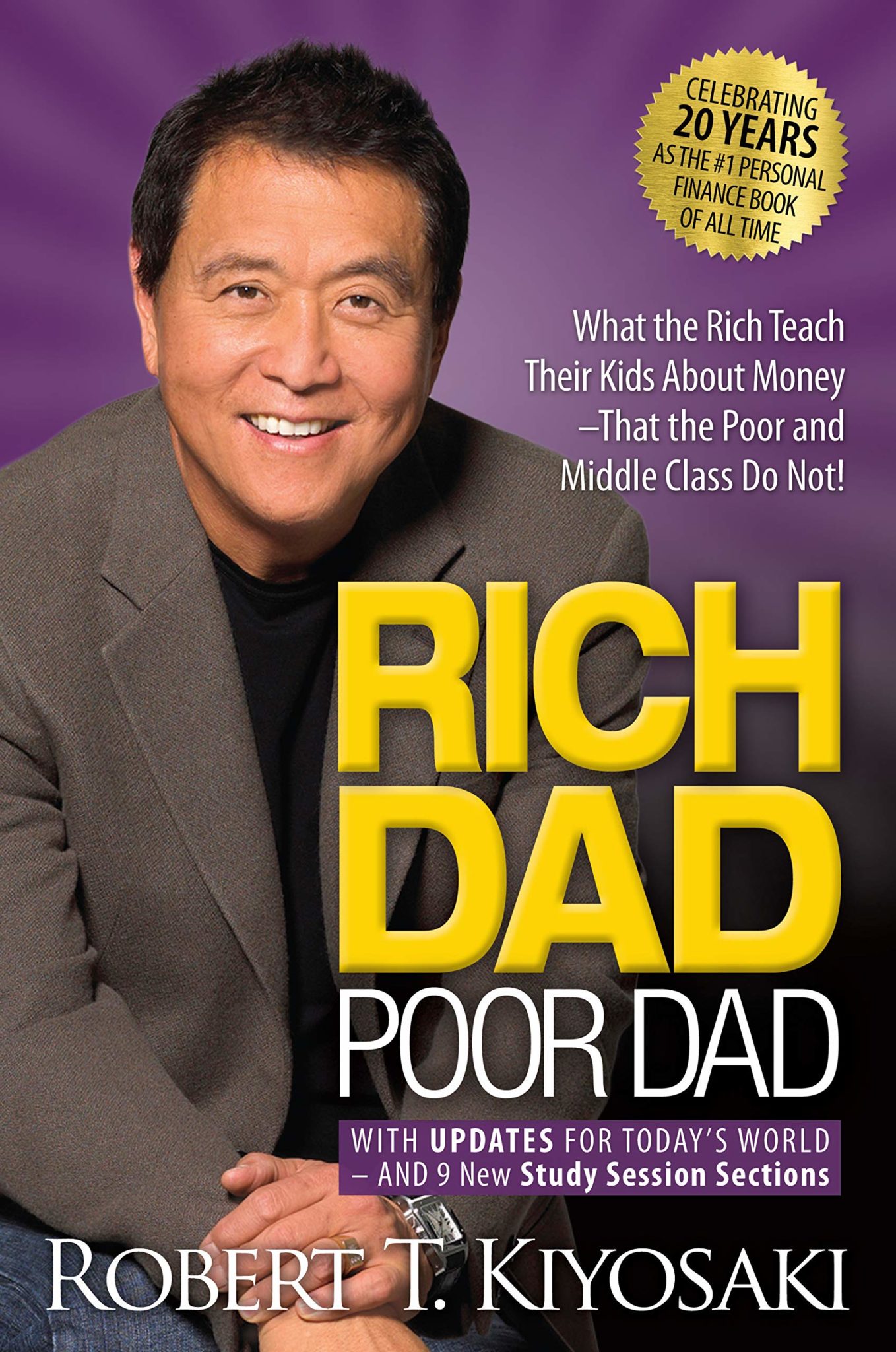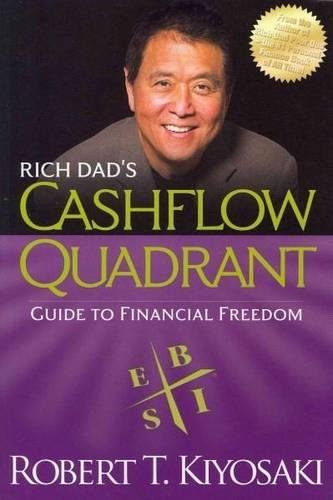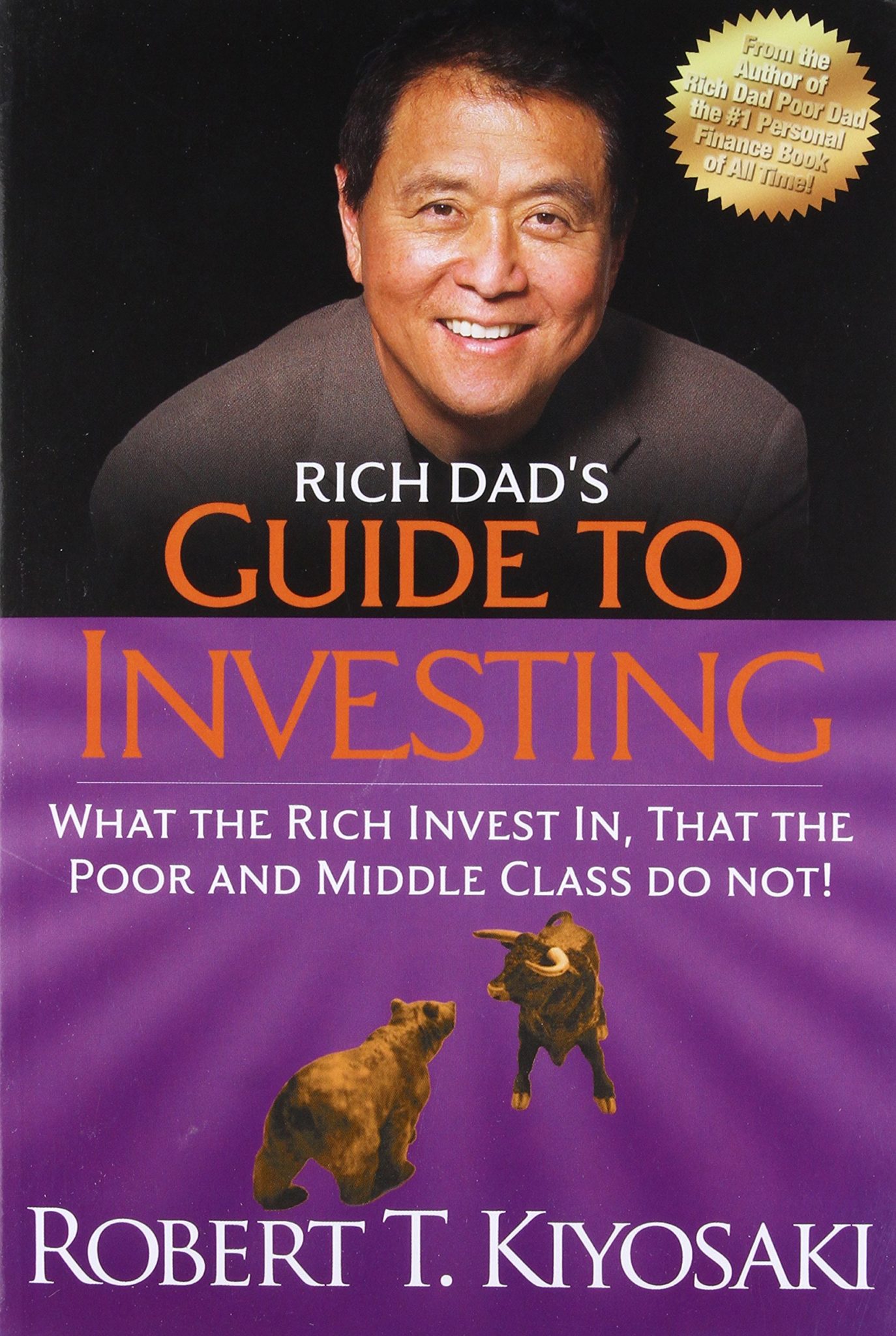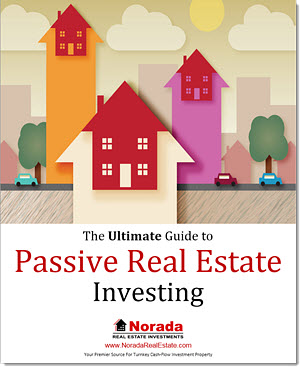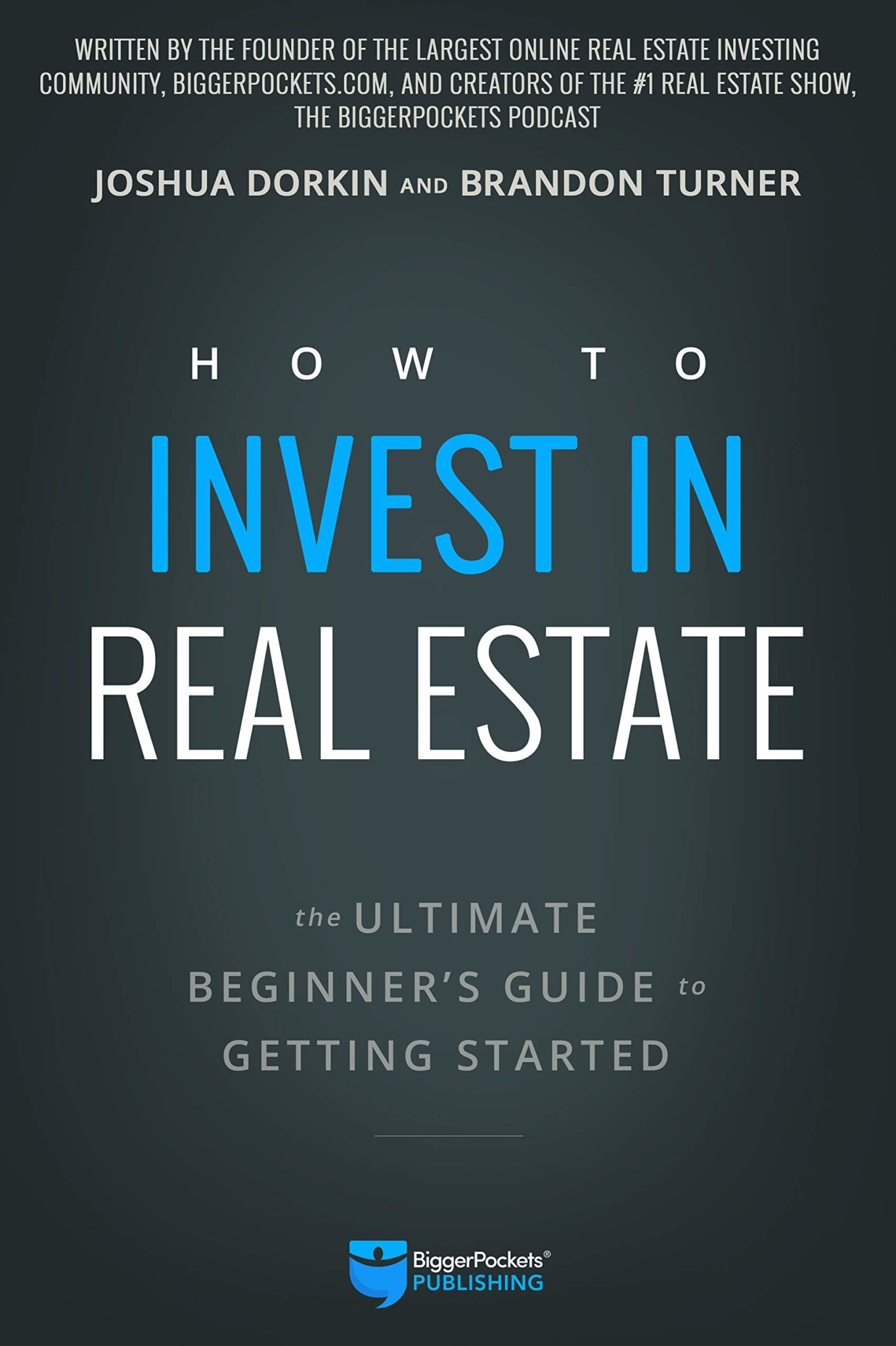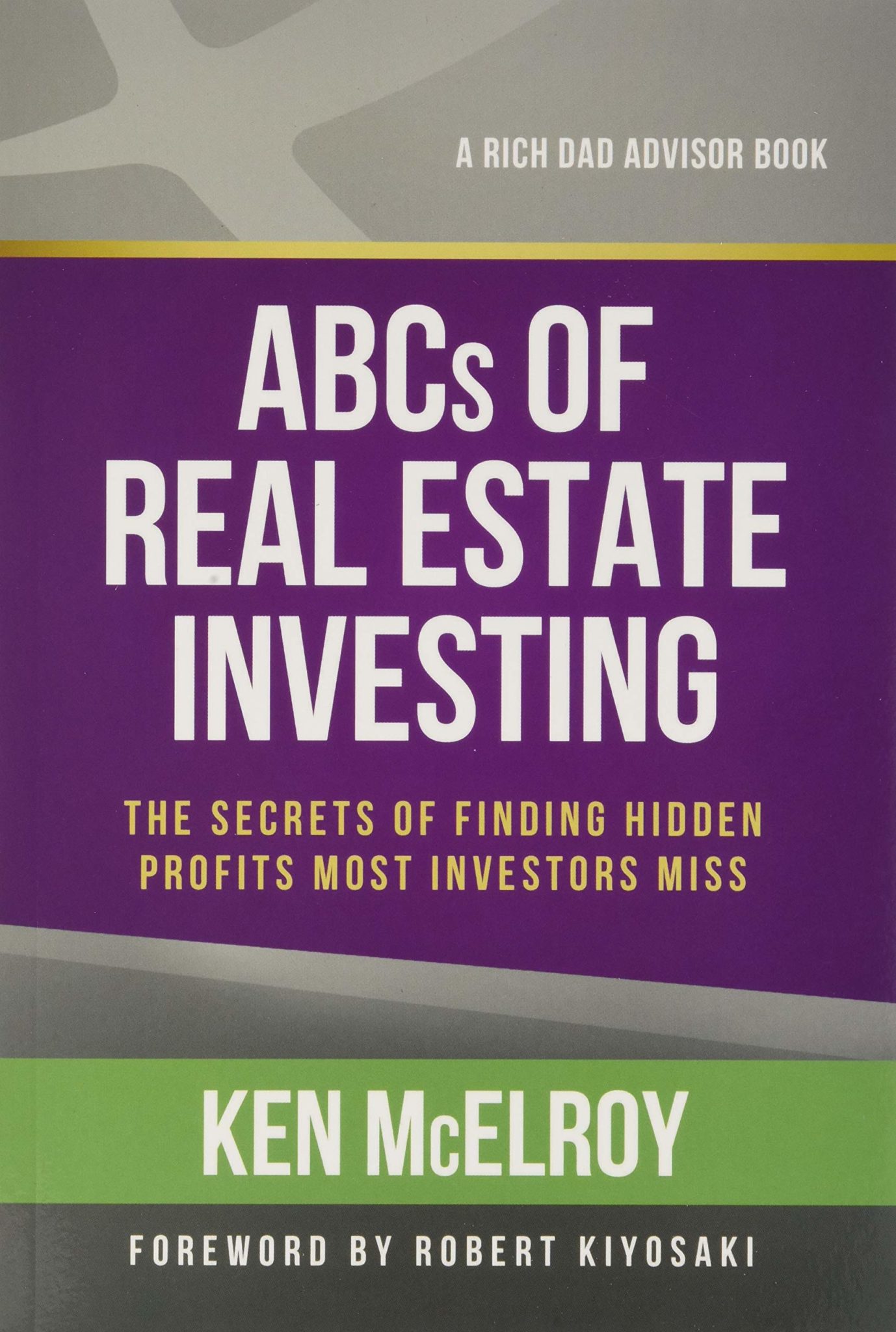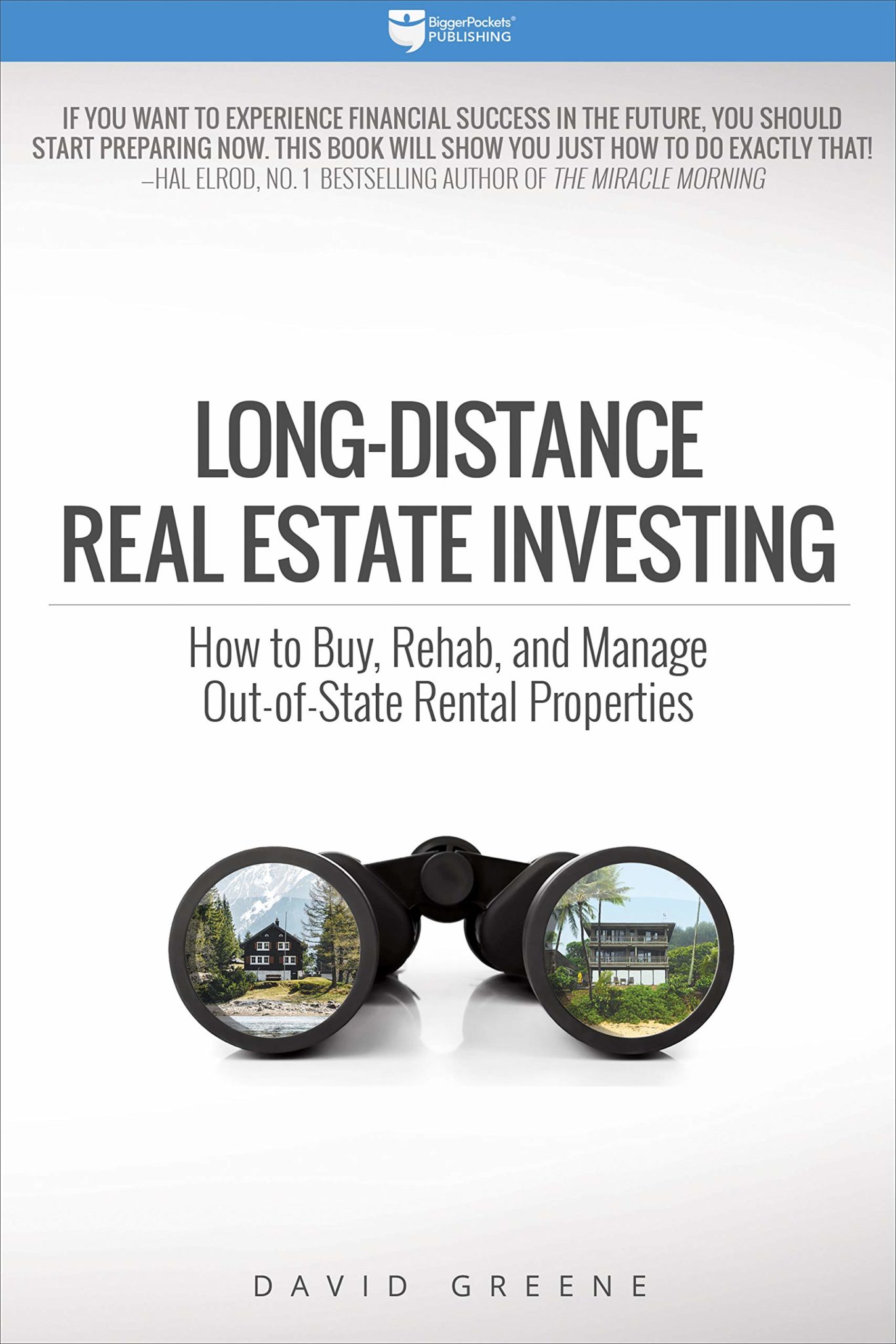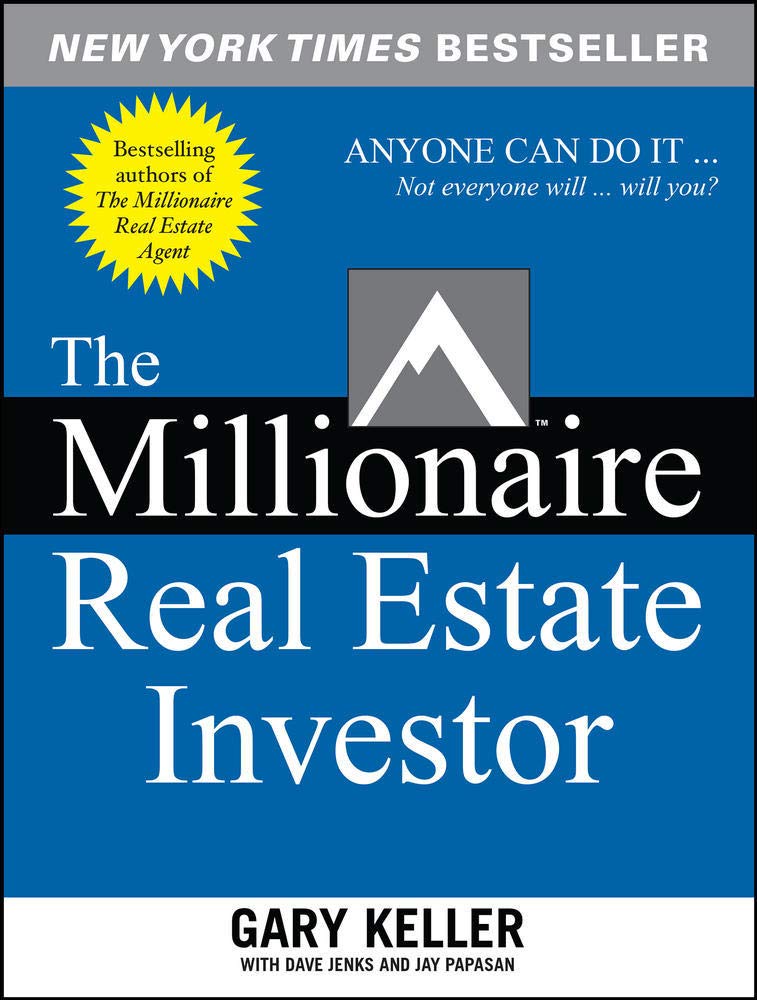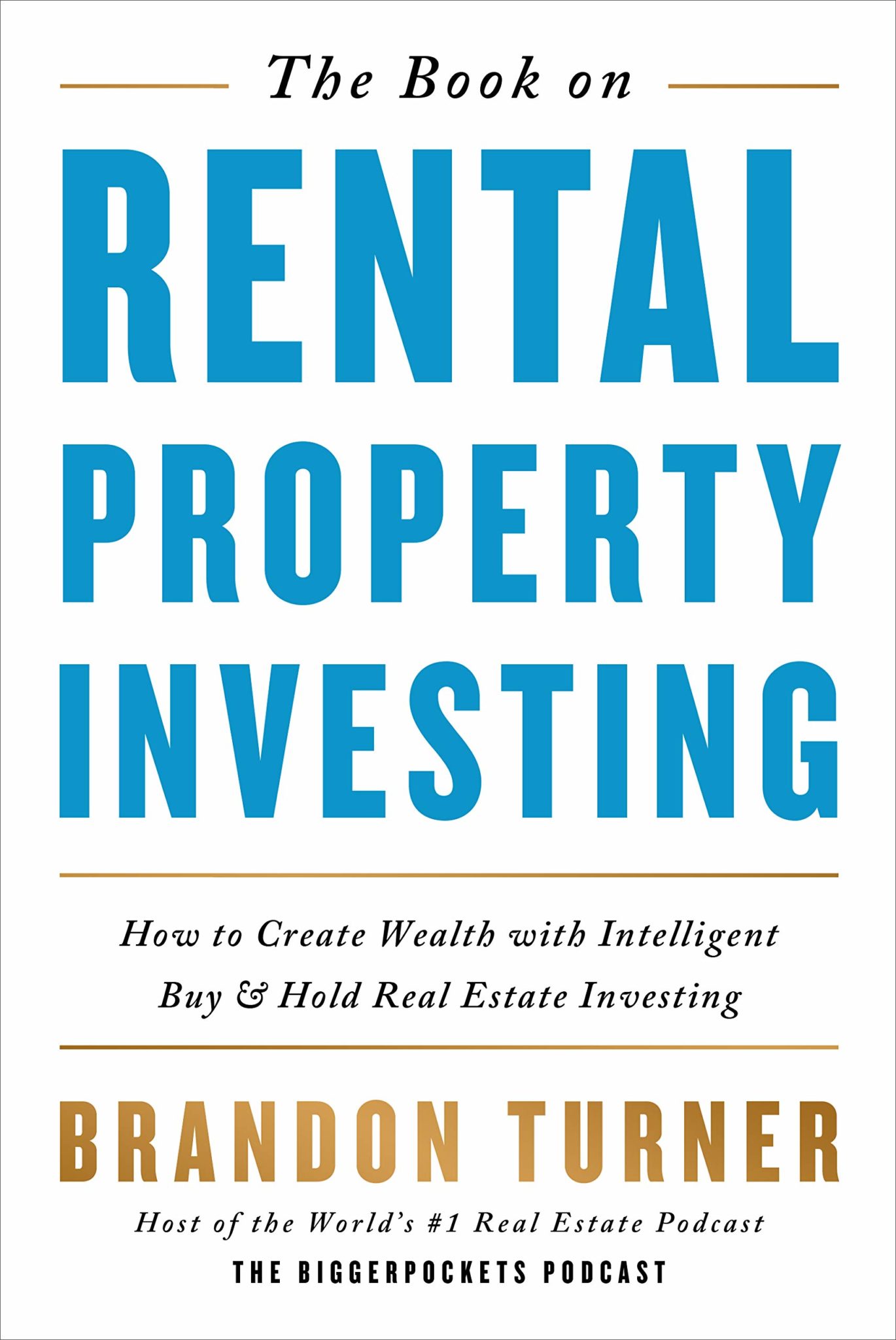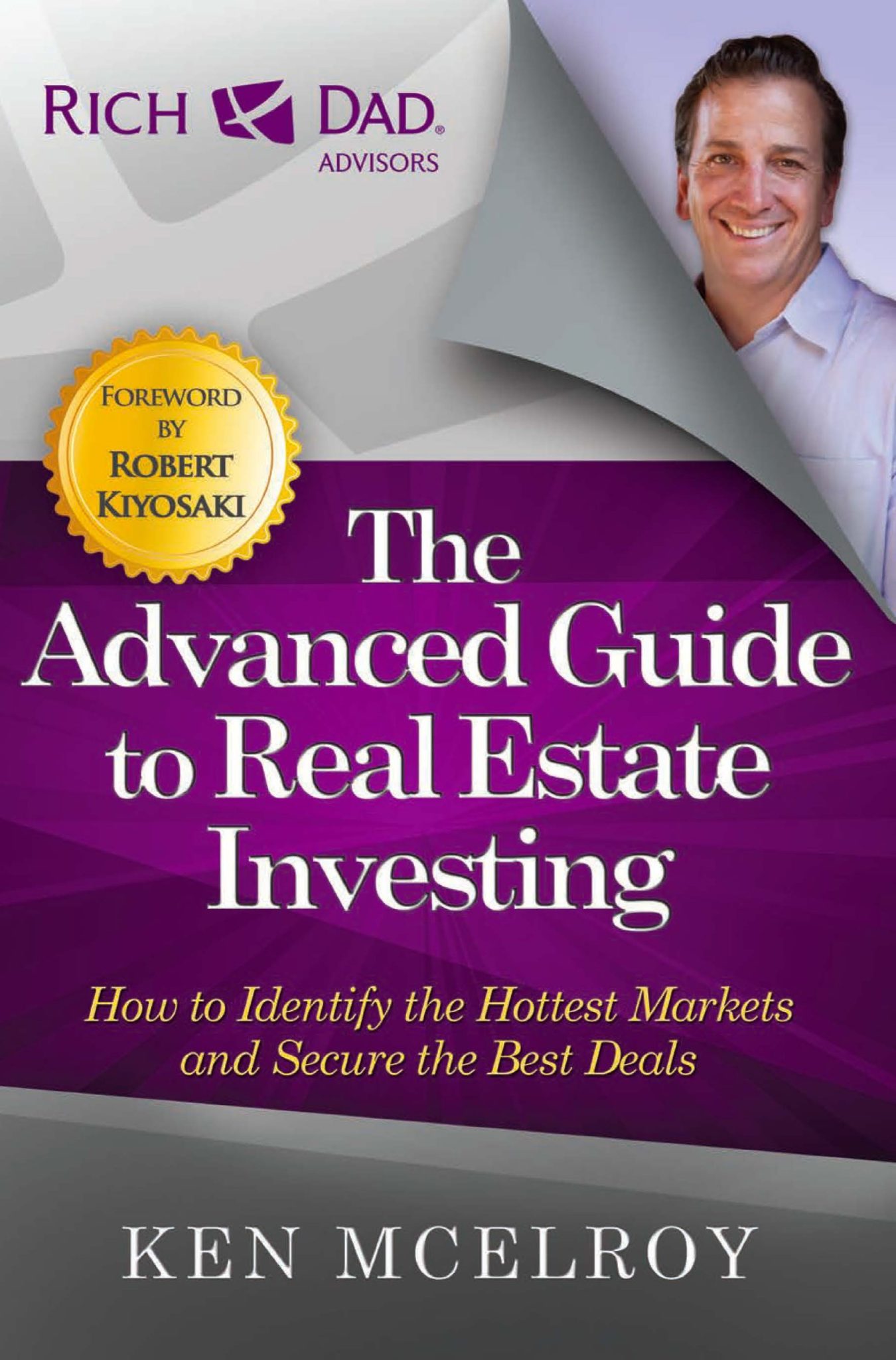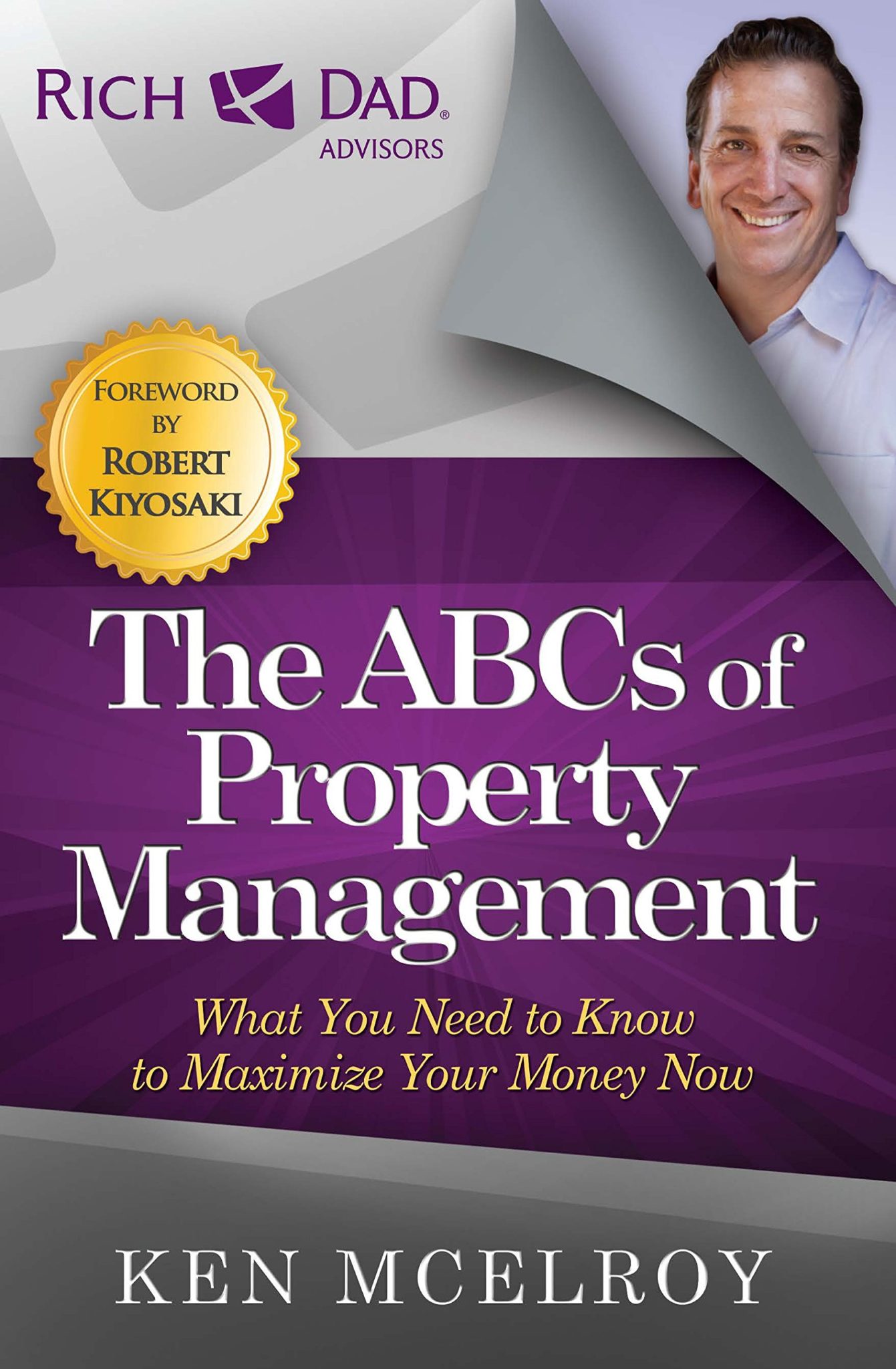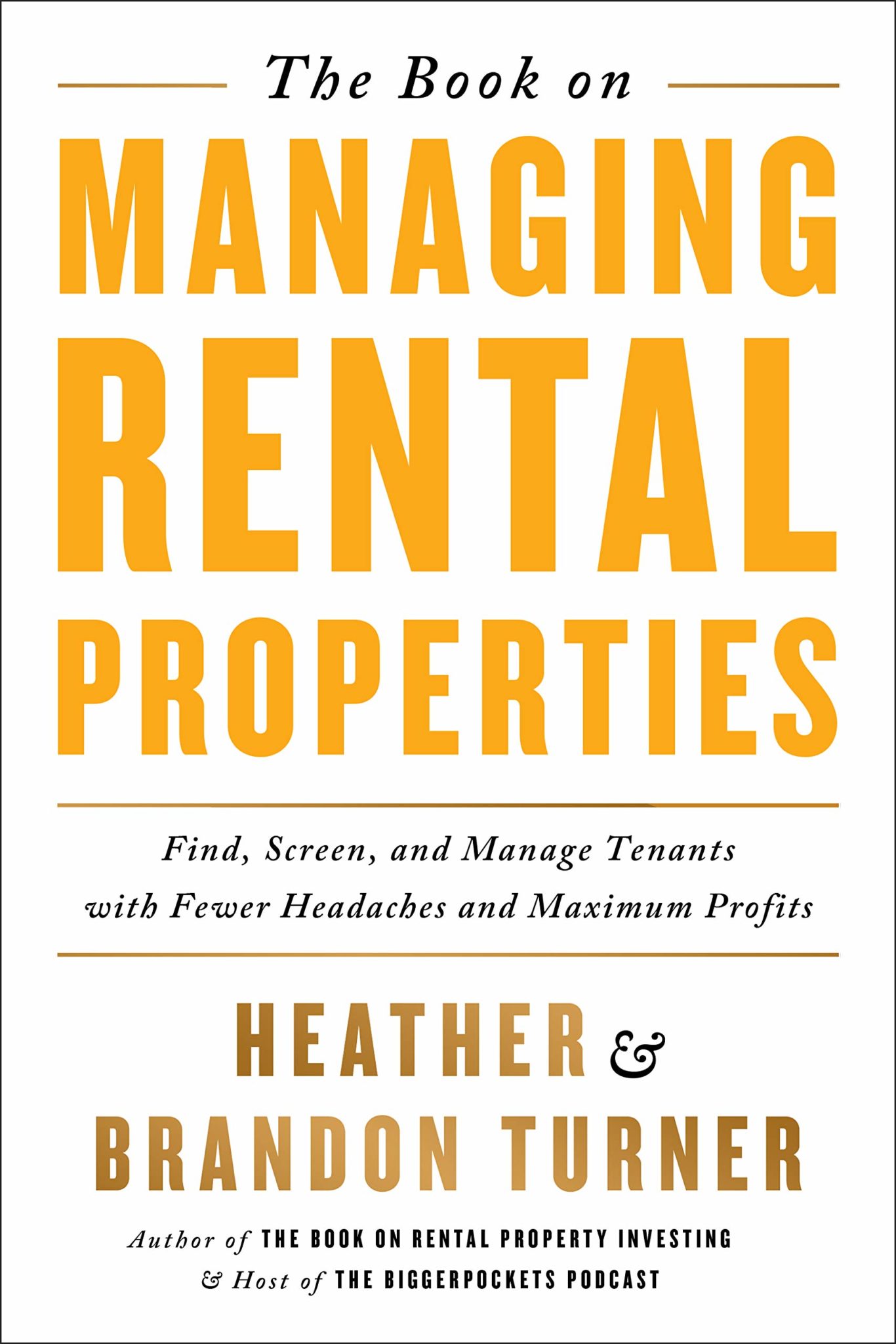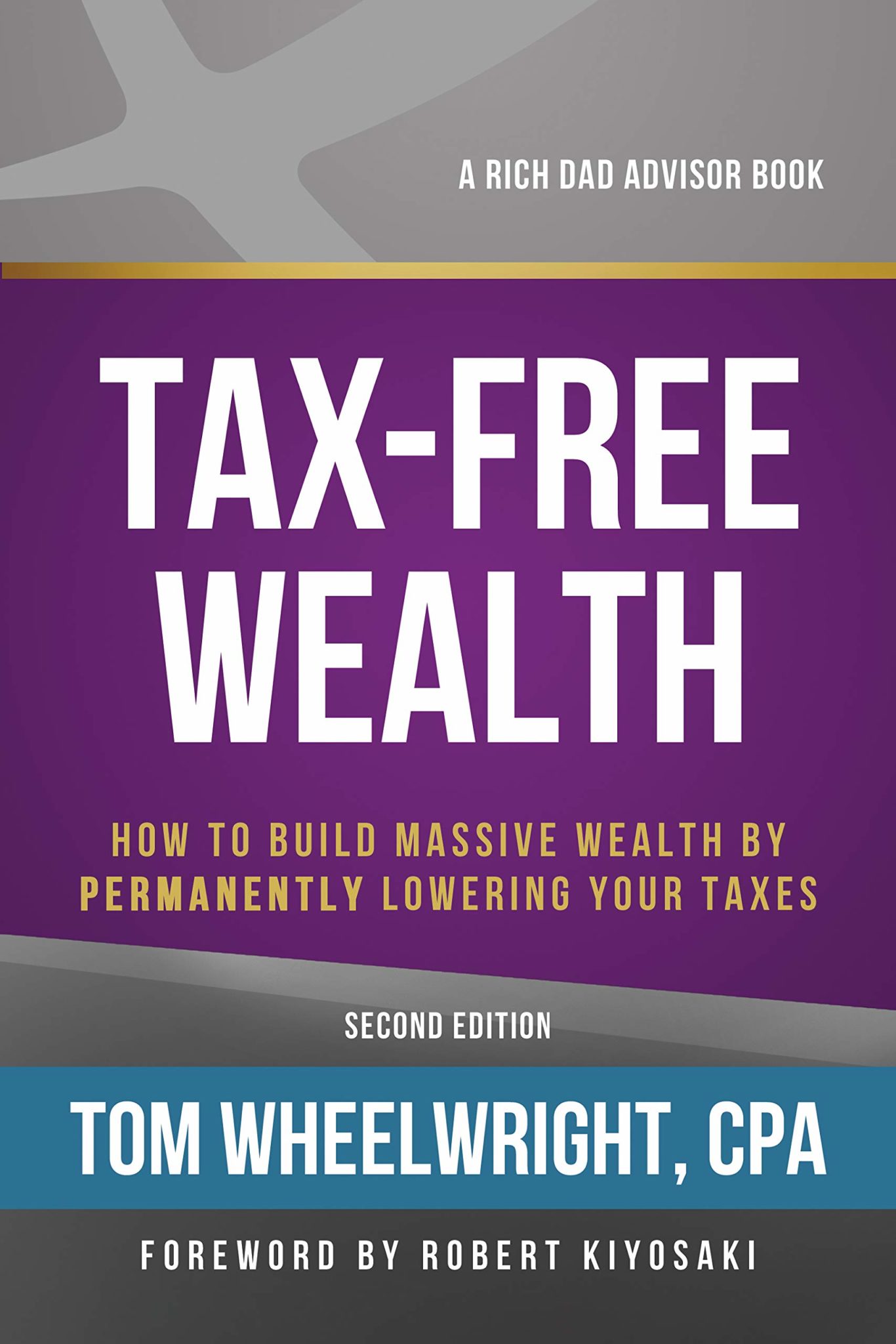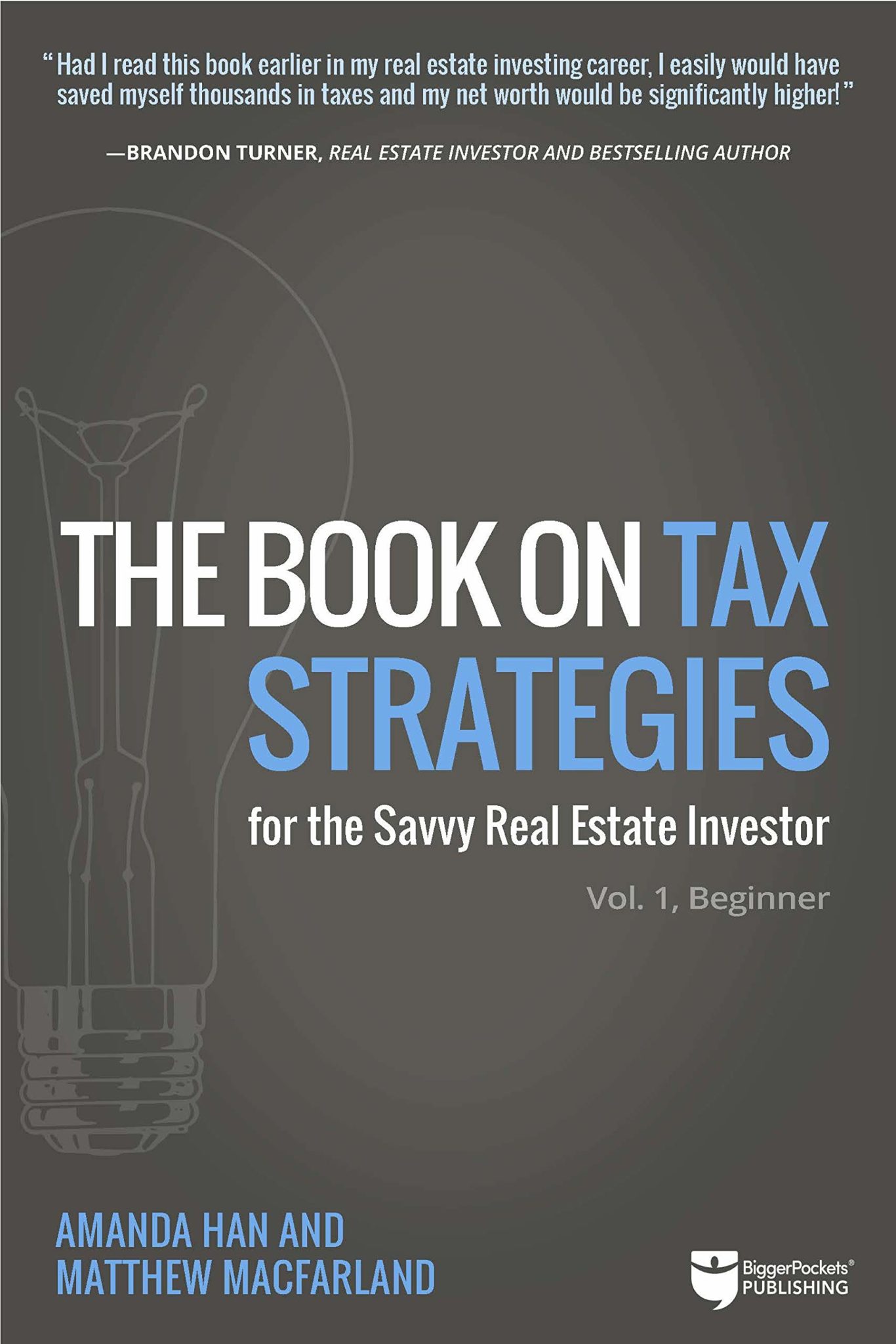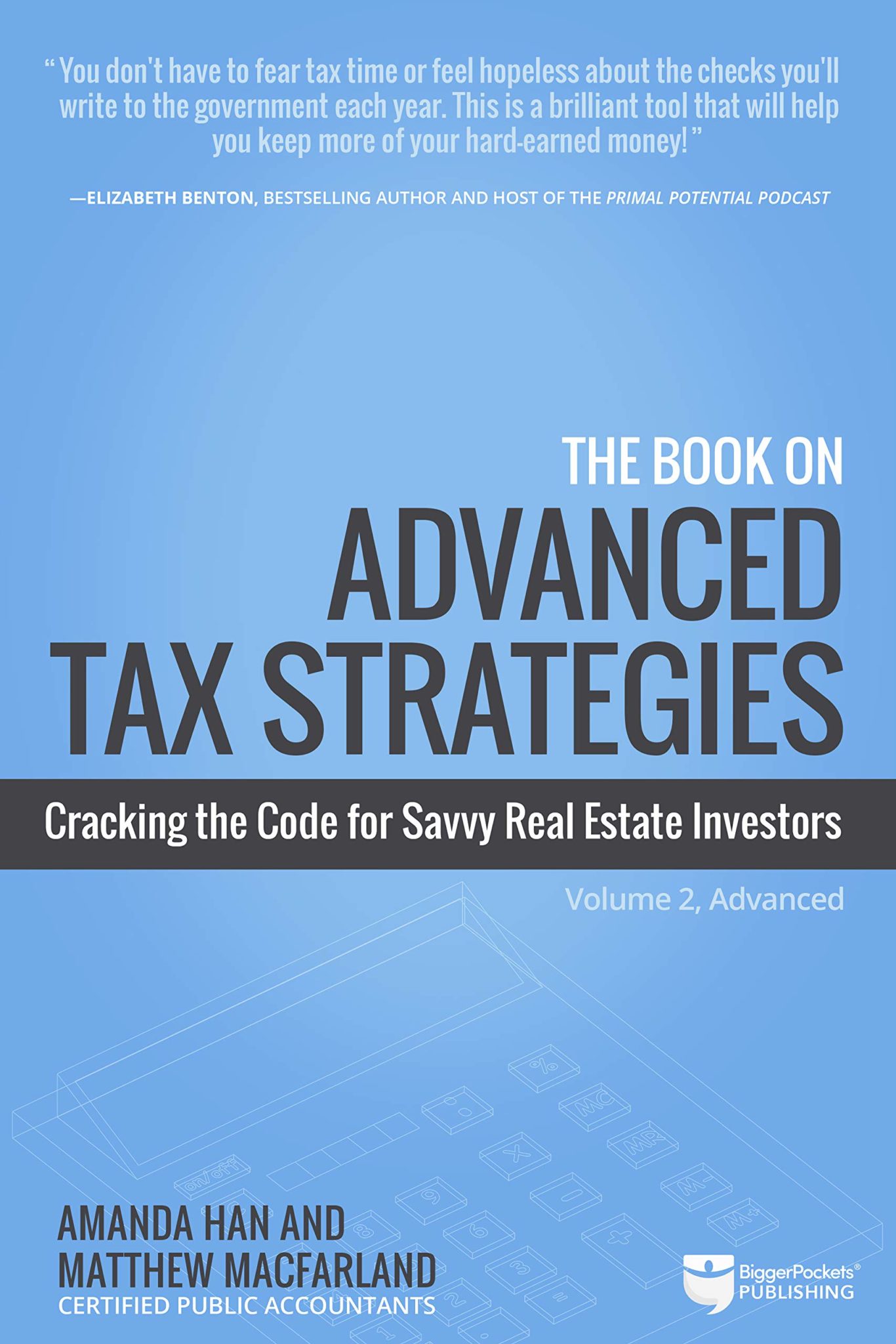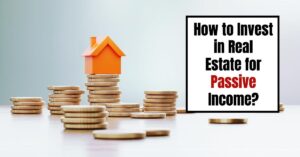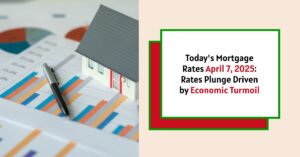Picture yourself waking up to the sound of crashing waves, stepping outside into the warm Florida sun, and strolling along pristine beaches. Imagine experiencing all of this without breaking the bank. In this article, we will explore the affordable coastal living options in Florida, specifically highlighting the cheapest places to live by the beach.
Discover the ideal destinations where you can indulge in the coastal lifestyle without sacrificing your budget. Whether you're seeking a peaceful retirement spot or a vibrant community, Florida offers a range of affordable coastal havens waiting to be explored.
10 Cheapest Places to Live in Florida by the Beach in 2025
Now that you know what factors to consider for affordable coastal living, let's take a look at some of the most affordable coastal cities in Florida.
Fernandina Beach
Fernandina Beach is located on Amelia Island in northeast Florida. It offers a charming historic downtown, beautiful beaches, and a low cost of living. Housing options in Fernandina Beach range from single-family homes to condominiums, providing options for different budgets and preferences.
Port St. Lucie
Port St. Lucie is located on Florida's east coast and is known for its affordable housing and family-friendly atmosphere. The city has a range of housing options, including single-family homes, townhouses, and apartments. With a growing job market and a range of community amenities, Port St. Lucie offers a great quality of life at an affordable price.
Panama City
Panama City is located in northwest Florida and offers a mix of beautiful beaches and a vibrant downtown area. The city has a lower cost of living compared to many other coastal cities in Florida, making it an attractive option for those looking for affordable coastal living. Housing options in Panama City include single-family homes, condominiums, and townhouses.
Pensacola
Pensacola, located on Florida's panhandle, is known for its stunning Gulf Coast beaches and historic downtown area. The cost of living in Pensacola is relatively low compared to other coastal cities, and there are a range of housing options available, including single-family homes and apartments.
Fort Myers
Fort Myers is located on Florida's west coast and offers a warm climate, beautiful beaches, and a range of amenities. The city has a lower cost of living compared to many other coastal cities in Florida, and housing options include single-family homes, condominiums, and apartments.
Tarpon Springs
Tarpon Springs, located northwest of Tampa, is known for its Greek heritage and sponge diving industry. The cost of living in Tarpon Springs is relatively low, and there are a variety of affordable housing options, including single-family homes and condominiums.
Vero Beach
Vero Beach is located on Florida's east coast and is known for its beautiful beaches and small-town charm. The cost of living in Vero Beach is lower compared to many other coastal cities in Florida, and housing options range from single-family homes to condominiums.
New Smyrna Beach
New Smyrna Beach, located on Florida's east coast, offers a laid-back coastal lifestyle at an affordable price. The cost of living in New Smyrna Beach is lower compared to many other coastal cities, and housing options include single-family homes, townhouses, and condominiums.
Bradenton
Bradenton, located on Florida's Gulf Coast, offers a mix of beautiful beaches, cultural attractions, and a lower cost of living compared to many other coastal cities. Housing options in Bradenton include single-family homes, condominiums, and apartments.
Cocoa Beach
Cocoa Beach, located on Florida's east coast, is known for its stunning beaches and surf culture. The cost of living in Cocoa Beach is relatively low, and housing options range from single-family homes to condominiums.
ALSO READ: 10 Best Places to Live in Florida in 2024
Factors to Consider for Affordable Coastal Living
Living by the beach is a dream for many people, but it's often seen as an expensive luxury. However, with careful planning and consideration, you can find affordable coastal cities in Florida that offer a great quality of life without breaking the bank. When looking for an affordable coastal city, there are several factors to consider.
Location
The location of the city is a crucial factor to consider when looking for affordable coastal living. Some cities might be more expensive simply because they are more popular or well-known. Consider looking for cities that are slightly off the beaten path but still offer beautiful beaches and a high quality of life. These cities often have lower housing prices and a lower cost of living overall.
Cost of Living
The overall cost of living in a city is an important factor to consider when looking for affordability. This includes housing costs, utilities, transportation, groceries, and healthcare expenses. Look for cities where the cost of living is lower compared to other coastal cities in Florida. This will help you stretch your budget further and enjoy a comfortable lifestyle without sacrificing too much.
Housing Market
The state of the housing market in a city is another essential factor to consider. Look for cities where housing prices are affordable and within your budget. Consider the availability of different types of housing options such as single-family homes, condominiums, townhouses, apartments, and mobile homes. Each option has its own pros and cons, so consider your needs and preferences before making a decision.
Availability of Jobs
Finding affordable coastal living in Florida is not just about the cost of living; it's also about the availability of jobs. Look for cities with a diverse job market and a range of opportunities in different industries. This will ensure that you have access to stable employment and can support yourself financially while enjoying the coastal lifestyle.
Transportation
Transportation is an important aspect to consider when looking for affordable coastal living. Look for cities with reliable public transportation options, such as buses or trains, as this can help you save money on commuting expenses. Additionally, consider whether the city is bicycle-friendly and has a high walkability score, as this can further reduce transportation costs.
Community Amenities
Living in a city with a strong sense of community and a range of amenities can greatly enhance your quality of life. Look for cities with beautiful beaches and parks where you can relax and enjoy outdoor activities. Consider whether the city offers recreational activities, cultural events, and ample shopping and dining opportunities. These amenities can add value to your coastal living experience.
Healthcare Facilities
Access to quality healthcare is a crucial factor to consider when choosing an affordable coastal city. Look for cities with reputable hospitals and medical centers that provide a range of healthcare services. Additionally, consider the availability of healthcare insurance options and whether the city has specialized care facilities for any specific medical needs you may have.
Education Opportunities
If you have children or are planning to further your education, consider the education opportunities in the city. Look for cities with good public and private schools that provide quality education. Additionally, consider the presence of higher education institutions and continuing education programs if you are interested in furthering your own education or career.
Cost of Living Comparison
When considering affordable coastal living, it's important to compare the cost of living in different cities. Here are some aspects to consider:
Housing Costs
Housing costs can vary significantly between coastal cities in Florida. Compare the average prices for different housing options in each city to find the most affordable option for your budget.
Utilities
Utilities, such as electricity, water, and internet, can also vary in cost. Research the average utility costs in each city to get an idea of how much you will be spending on these essential services.
Transportation
Transportation costs can vary depending on factors such as fuel prices, public transportation availability, and driving distances. Consider the cost of commuting to work or other activities when comparing the affordability of different coastal cities.
Groceries
The cost of groceries can also vary between coastal cities. Compare the prices of common grocery items to get an idea of the overall cost of living.
Healthcare
Healthcare costs, including insurance premiums and out-of-pocket expenses, should also be taken into account. Look for cities with affordable healthcare insurance options and access to quality medical facilities.
Finding Affordable Jobs
One of the key factors to consider for affordable coastal living is the availability of jobs. Here are some tips for finding affordable jobs in coastal cities:
Job Market Overview
Research the job market in each coastal city to get an idea of the industries that are thriving. Look for cities with a diverse range of job opportunities to increase your chances of finding affordable employment.
In-Demand Industries
Consider the industries that are in high demand in each coastal city. Look for cities where these industries are thriving, as this can lead to more job opportunities and potentially higher wages.
Local Businesses
Research the local businesses in each coastal city. Local businesses often offer a more affordable cost of living compared to cities dominated by large corporations. Look for cities with a strong presence of local businesses to increase your chances of finding affordable job opportunities.
Transportation Options
Transportation is an important aspect of affordable coastal living. Here are some transportation options to consider:
Public Transport
Look for cities with reliable public transportation options, such as buses or trains. Having access to affordable public transportation can greatly reduce your transportation expenses.
Bicycle-Friendly Cities
Consider whether the city is bicycle-friendly. Having designated bike lanes and bike-sharing programs can make it easy and affordable to get around the city without relying on a car.
Walkability
Consider the walkability of the city. Cities with well-maintained sidewalks and pedestrian-friendly infrastructure can make it easier to get around on foot and reduce transportation costs.
Major Highways
Consider the accessibility of major highways in the city. Easy access to highways can make it more affordable to commute to work or explore other parts of the state without spending too much on transportation.
Community Amenities
Living in a city with a range of community amenities can greatly enhance your quality of life. Consider the following amenities when looking for affordable coastal living:
Beaches and Parks
Look for cities with beautiful beaches and well-maintained parks. These natural amenities provide free or low-cost entertainment options and can greatly improve your quality of life.
Recreational Activities
Consider whether the city offers a range of recreational activities. Look for cities with affordable recreation centers, sports leagues, or community events that cater to your interests.
Cultural Events
Consider the presence of cultural events in the city. Look for cities with affordable or free access to museums, art galleries, music festivals, or theater performances.
Shopping and Dining Opportunities
Consider the shopping and dining options in the city. Look for cities with a range of affordable restaurants and shopping centers that suit your budget and lifestyle.
Access to Healthcare
Access to quality healthcare is an important aspect to consider when choosing an affordable coastal city. Here are some factors to consider:
Hospitals and Medical Centers
Look for cities with reputable hospitals and medical centers. Access to quality healthcare services can greatly improve your overall quality of life and provide peace of mind.
Healthcare Insurance Options
Consider the availability of affordable healthcare insurance options in the city. Look for cities that offer a variety of insurance plans to choose from to meet your needs and budget.
Specialized Care Facilities
If you have any specific medical needs, consider whether the city has specialized care facilities that can provide the necessary treatment. Access to specialized care can be crucial for maintaining your health and well-being.
Education Opportunities
If you have children or are planning to further your education, consider the education opportunities in the city. Here are some factors to consider:
Public Schools
Examine the performance and reputation of the public schools in the city. Look for cities with highly rated schools that provide quality education.
Private Schools
Consider the availability and affordability of private schools in the city. Private schools can provide alternative educational options if public schools do not meet your needs or preferences.
Higher Education Institutions
Look for cities with reputable higher education institutions. Access to colleges or universities can provide educational and career opportunities for both yourself and your family.
Continuing Education Programs
Consider whether the city offers continuing education programs. These programs can help you further your education and skills, opening up more career opportunities and increasing your earning potential.
Conclusion
Affordable coastal living in Florida is possible with careful consideration of several factors. By considering the location, overall cost of living, housing market, availability of jobs, transportation options, community amenities, access to healthcare, and education opportunities, you can find a coastal city that suits your budget and lifestyle. With cities like Fernandina Beach, Port St. Lucie, Panama City, Pensacola, Fort Myers, Tarpon Springs, Vero Beach, New Smyrna Beach, Bradenton, and Cocoa Beach offering various affordable coastal living options, you can make your dream of living by the beach a reality without breaking the bank.
Recommended Read:
- Best Places to Live in Texas for Families in 2025
- 10 Best Places to Live in Texas for Young Adults in 2025
- 10 Best Places to Live in Florida (2025)
- 12 Best Places to Live in Arizona (2025)
- 10 Best Places to Live in California for Families in 2025
- 15 Best Places to Live in the US in 2025
- 10 Best Places to Live in Florida for Families in 2025
- Best Places to Live in North Carolina for Families & Retirees
- 10 Best Places to Live in New Hampshire in 2025
- Best Places to Live in Mississippi for Families & Retirees
- Best Places to Retire in California
- Best Places to Live in Florida for Young Adults (2025)
- Best Places to Live in South Carolina for Families


